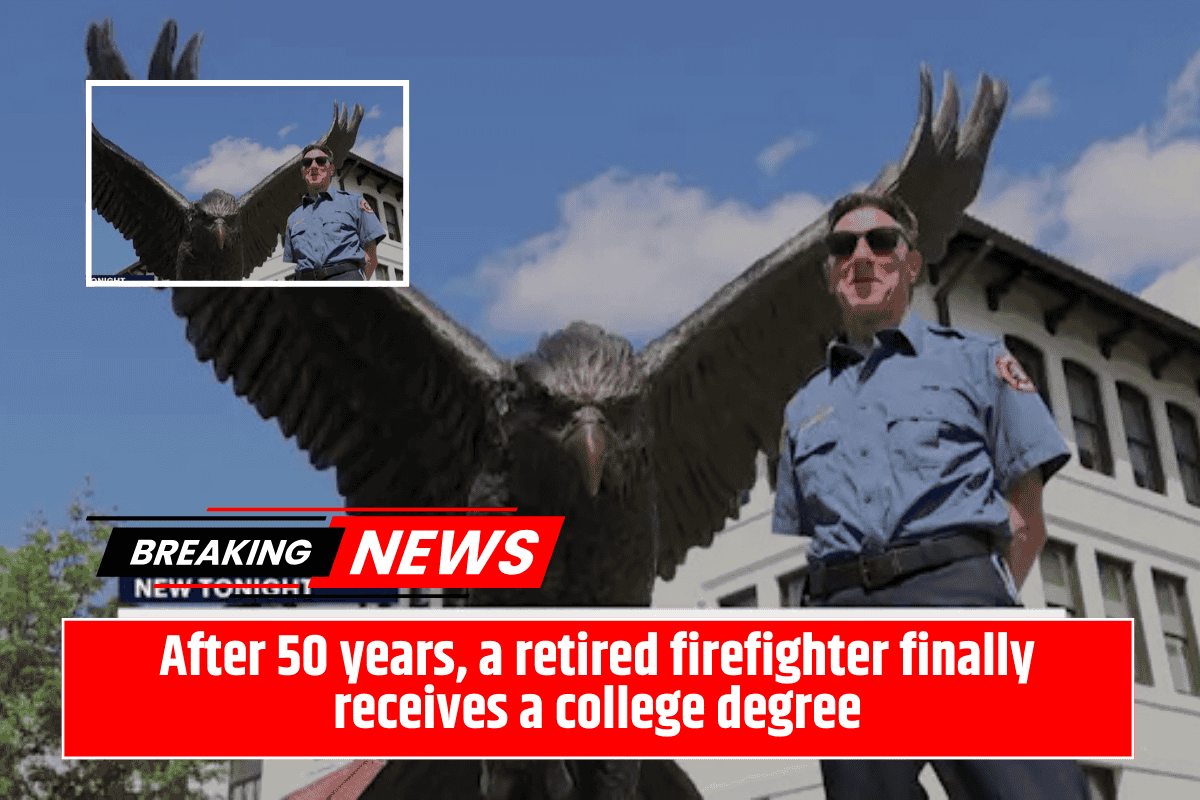Over 1.1 million international students studied in the U.S. during the 2023–24 academic year, with many attending top schools like New York University and Columbia University. As the school year ends, many students may want to travel home or abroad. But traveling as an international student needs careful planning, especially during tighter immigration rules.
That’s why this guide — created with support from Immigrant ARC (I-ARC) — can help you get ready for your trip with all the right documents and knowledge.
What Documents Should I Carry When Traveling?
If you’re leaving the U.S. and plan to return, you need to carry important documents that prove your student status. Always keep these in your carry-on bag (not in your checked luggage):
- Passport (valid for at least 6 more months)
- F-1 or J-1 Visa Stamp (must not be expired)
- Form I-20 (signed for travel in the last 12 months, or 6 months if you’re on OPT)
- SEVIS I-901 Fee Receipt
- School Enrollment Letter or Transcript
- Financial Support Documents
- I-94 Record (this is updated automatically by immigration)
- EAD Card & Job Letter (if you are working or on OPT)
- DSO and Attorney Contact Info (in case you need help during travel)
How Can I Prepare for My Trip?
Traveling smart means preparing well. Here’s how to get ready:
- Check all your documents and keep them organized in a travel folder.
- Make sure your I-20 has a valid travel signature.
- Talk to your DSO and immigration lawyer (if you have one) before your trip.
- Practice how to explain your student status in simple words.
- Save digital copies of all your documents in a safe place.
- Share your travel plans with a trusted friend or family member.
- Do not travel if your SEVIS status is terminated or pending reinstatement.
What Questions Might Border Officers Ask?
When you return to the U.S., border officers may ask you questions to check your visa status and travel purpose. Some common questions include:
- Why are you returning to the U.S.?
- Where will you be staying?
- What is your visa type?
- Have you ever been denied entry or arrested?
- What is your occupation?
- What are your connections to your home country?
Always answer honestly. Lying or hiding facts can lead to serious issues like denial of entry.
Can Officers Search My Phone or Laptop?
Yes, immigration officers can check your phone, computer, and even social media — especially anything that is publicly visible.
Tips to protect your privacy:
- Do not give your phone unless asked.
- Turn off Face ID or Touch ID to avoid forced unlocking.
- Remove apps that aren’t needed for travel.
- Clear your “Recently Deleted” folder.
- Clean up your online posts if necessary, as public content may be reviewed.
What Are My Rights?
Can I refuse to share my phone password?
Yes, but officers can still take your device and delay your entry. If that happens, ask for a receipt and the officer’s name.
Do I have the right to remain silent?
Yes. You can say, “I am exercising my right to remain silent. I want to speak to a lawyer.” But keep in mind, officers may still make a decision based on your file.
Can I ask for a lawyer if I’m stopped at the airport?
If you’re taken in for extra questions (called secondary inspection), you can request to call your DSO or lawyer. However, border officers are not required to let your lawyer talk to you.
Is secondary inspection the same as detention?
No. It’s not the same as being arrested. It just means they need more time to check your documents. Officers can also temporarily take your phone, but must give you a receipt.
Being an international student in the U.S. comes with opportunities and challenges. Travel can be smooth if you stay organized, informed, and calm. Always speak to your DSO or an immigration attorney before traveling if you have any doubts or visa issues. And remember, your rights matter — even at the border.







